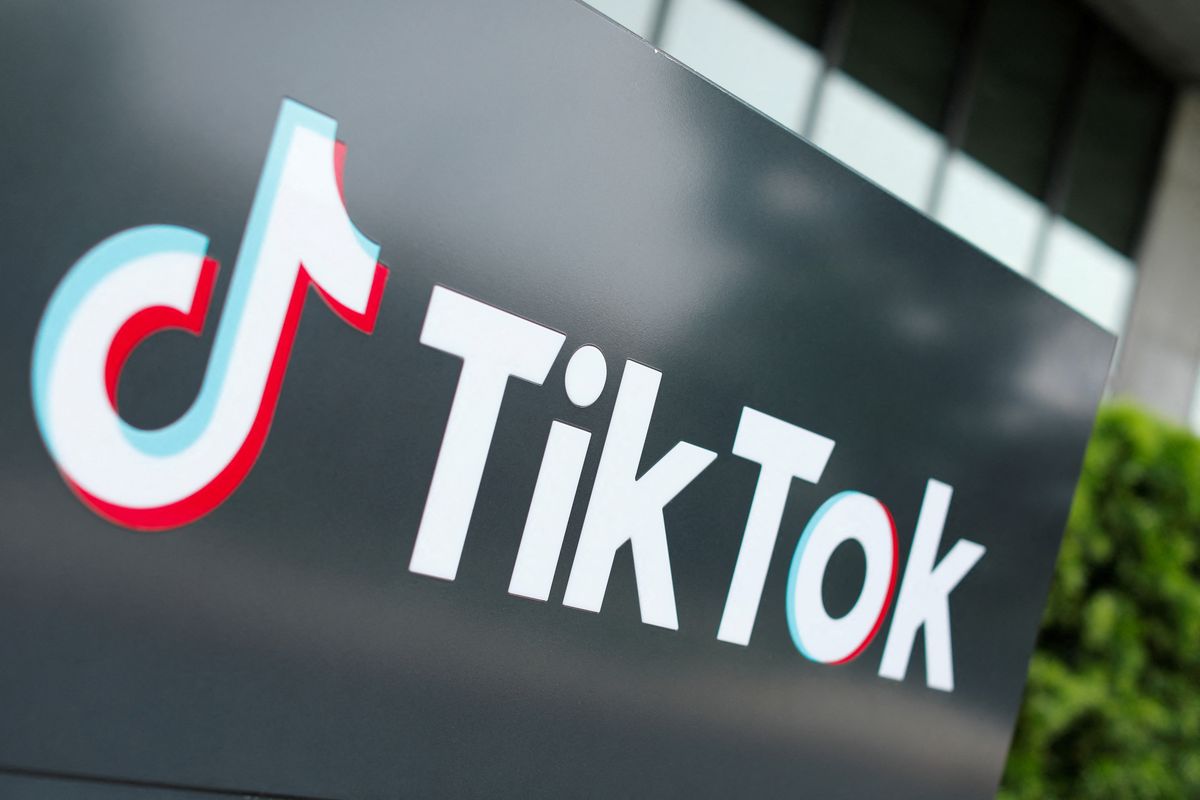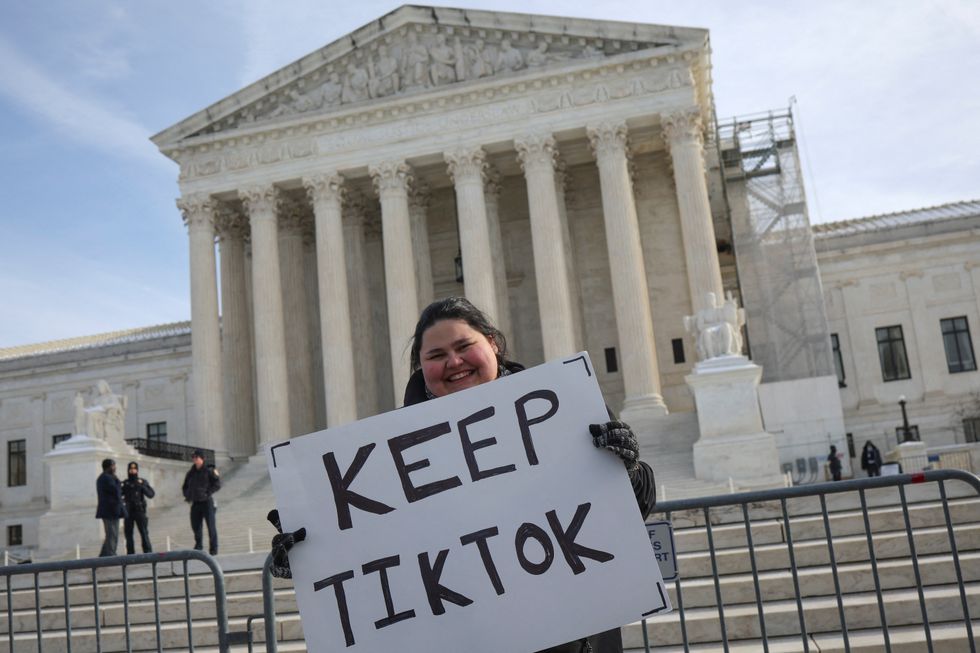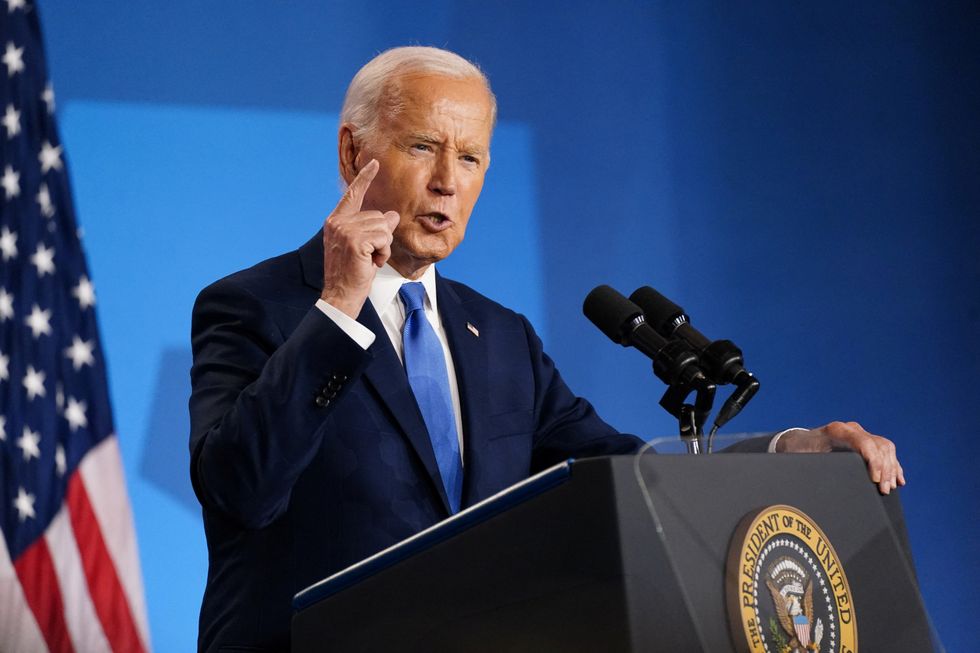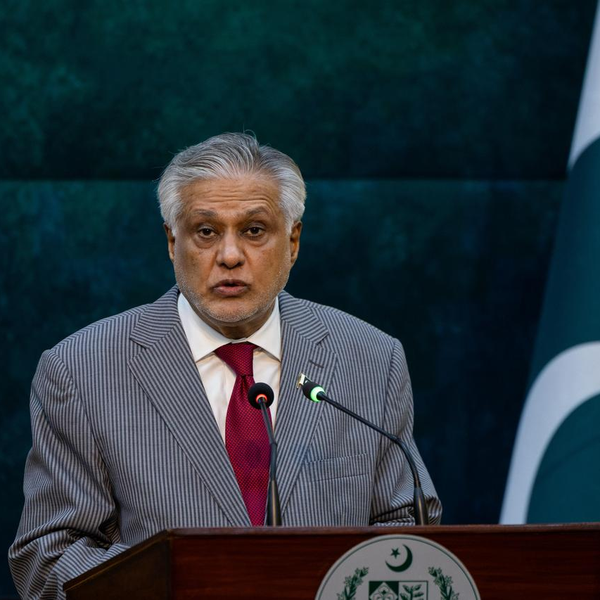TikTok warns of broader consequences if US Supreme Court allows ban
Deadline for ByteDance to divest TikTok looms as Supreme Court considers national security and free speech
Reuters
News Agency Partner
Reuters is a leading source of news and information, delivering fact-based reporting and expert analysis on international events and trends.

TikTok and its parent company ByteDance warned the Supreme Court on Friday that a law forcing the sale or banning of the app in the U.S. could set a precedent for targeting other companies.
The law, passed with bipartisan support, gives ByteDance until Jan. 19 to divest its U.S. operations or face a ban over national security concerns.
TikTok argues the measure violates First Amendment protections against government interference in free speech and has sought to delay its implementation.
Noel Francisco, representing TikTok and ByteDance, cautioned that endorsing the law could embolden Congress to take similar actions against other businesses.

"Under this theory, Congress could order AMC movie theaters to censor movies it doesn’t like or promote others," Francisco told the justices.
During the arguments, the justices appeared inclined to uphold the law but expressed concerns about its potential impact on free speech.
TikTok, used by 170 million Americans, has been singled out over fears the Chinese government could exploit the platform for espionage or propaganda.
However, Jeffrey Fisher, representing TikTok content creators, questioned why Congress had not targeted other Chinese-owned platforms like e-commerce giant Temu, which has millions of U.S. users.
“Why single out TikTok when other companies also gather data and are available to Chinese control?” Fisher asked.
President Joe Biden, who signed the law, has defended it through Solicitor General Elizabeth Prelogar, who argued that the Jan. 19 deadline was necessary to pressure ByteDance into action.

“Foreign adversaries do not willingly relinquish control over a mass communications channel in the U.S.,” Prelogar said.
If the ban takes effect, Apple and Google will no longer host TikTok for new downloads, though existing users can still temporarily access the app. However, TikTok and the government agree that the app would degrade over time without necessary updates and services.
The debate also touched on concerns about covert influence campaigns. Francisco argued that manipulating content, while controversial, remains a form of protected speech under the Constitution.
"Lots of people think major media outlets manipulate content," he said. "That is core protected speech."
The upcoming transition of power further complicates the case. Former President Donald Trump, who opposes the ban, urged the court to delay the deadline to allow his incoming administration to resolve the issue politically.
Under the law, the president can extend the deadline by 90 days but must certify significant progress toward a sale. ByteDance has made no visible efforts to divest TikTok’s U.S. operations.
Justice Brett Kavanaugh asked Prelogar whether the president could choose not to enforce the law. Prelogar affirmed that the president holds enforcement discretion, though Francisco argued for a preliminary injunction to provide “breathing space.”
With the Jan. 19 deadline fast approaching, TikTok’s future in the U.S. remains uncertain, as the Supreme Court weighs national security risks against constitutional protections.







Comments
See what people are discussing